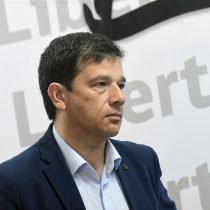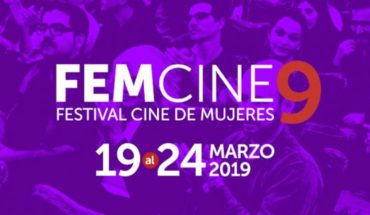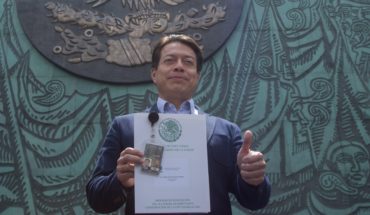
Alejandro Micco former under-secretary of the Treasury during the government of Michelle Bachelet gave his definitions on the effects of the social outburst, the management of the crisis and his vision for the future ahead of April 26 , the day it is set for the plebiscite that will decide whether to open the way to a new Political Constitution.
Micco acknowledged that the social conflict on 18 October may have cooled if there had been more efficient political management of the government. The political management of the government has been rather mediocre. Unfortunate mistakes and phrases have been made, such as that the country was at war, along with the lack of empathy of some ministers. At first there were lights that the exit from the crisis was well in the making, especially when tax, constitutional and pension agreements were reached,” he said in an interview with La Tercera.
The academic at the University of Chile recognizes that the plebiscite is not necessarily the end of the crisis. “One could think that constitutional change, through a plebiscite, was a good institutional outlet, but it has been losing strength. Today we are in a slightly more complex situation, we do not know how it will end up being the plebiscite. We’ve had to wear the potential exit through congressional agreements, but you have to be optimistic to file those demands that are still present,” he said.
On the uncertainty that the constituent process creates in the economy, Micco acknowledges that it is present, but that does not mean letting a new Magna Carta be promoted that it believes should be inclusive. “A reform of the Constitution is not an easy process. These are not trivial matters. The first thing to say is that it was a wise decision to leave with a plebiscite to validate this process and then continue with the constituents’ choices. A good Constitution has to bring together the different visions of the country. It’s the court where we all have to play and that’s why it should be inclusive. This will create uncertainty, of course, but there are times when we have to pay costs and now is the time,” he said.
The former undersecretary called for the process to be orderly and in the midst of a serious discussion between all sectors, so that natural uncertainty over this process is reduced “There are large levels of uncertainty. There are some sectors that do not seem to want this to end well, and tensions have increased beyond prudent. That is complex and dangerous, because it can lead to this leading to a crisis situation. There are risks, it would be naive to think that there are none. We are in a major political institutional crisis, it can go very well or very badly.”
But Micco took special care not to create about expectations about what will actually happen in the country if a new Constitution is reached. “It is important to lower the expectation that has been about the Constitution. At one point it was thought that with the Constitution, all the changes that people demand will be able to make. We must remember and say that a new fundamental charter will not generate us, per se, more employment, better wages, better pensions, better justice. The Constitution is an important framework, but it’s not the silver bullet and that’s important to say. Changing it won’t cause the bread to multiply. Just because we have a new Magna Carta, we’re not going to improve the distribution of income.





